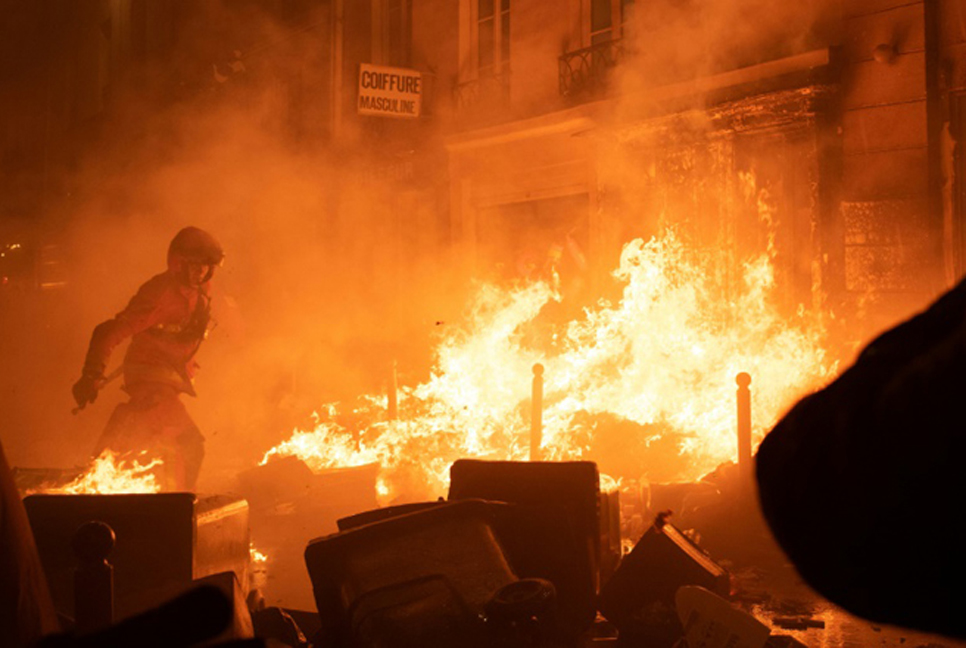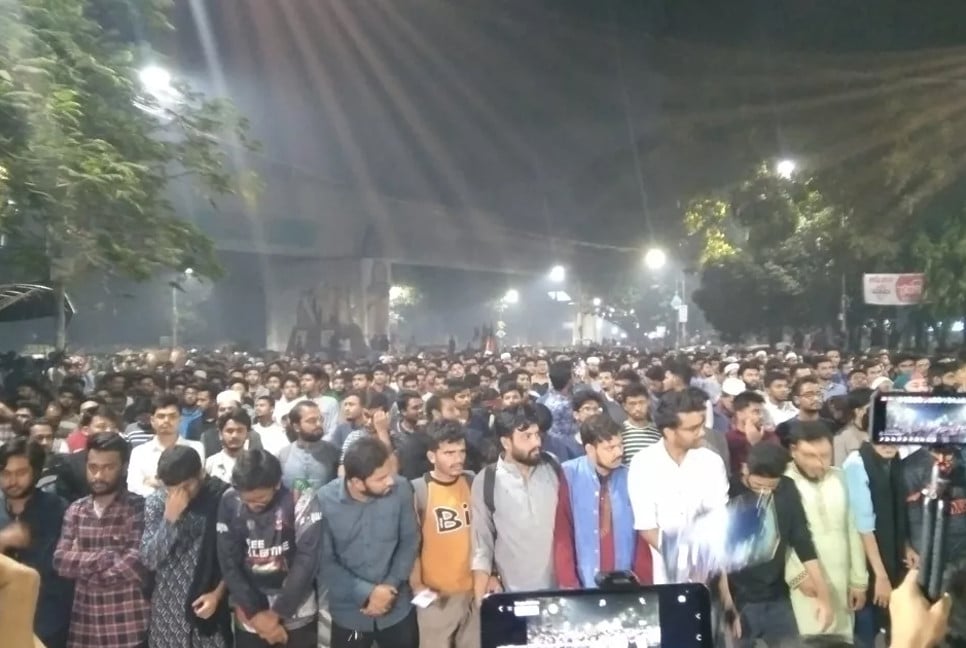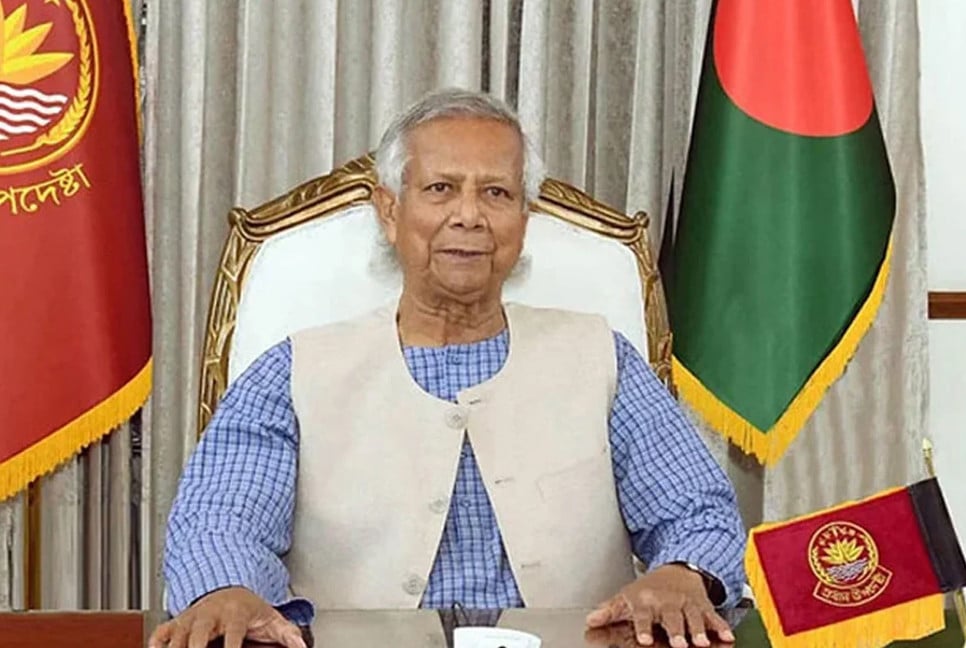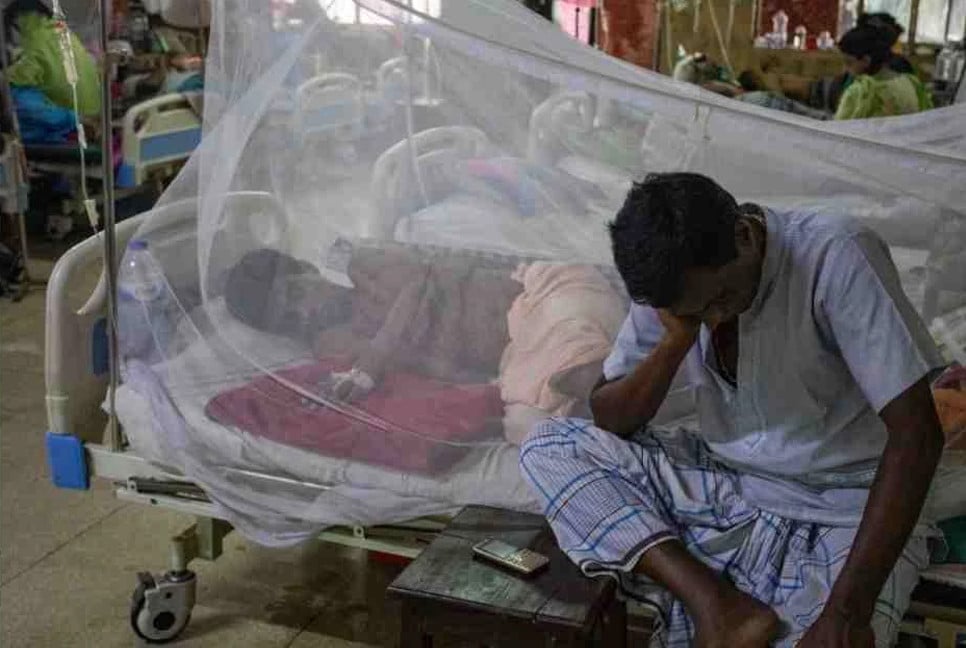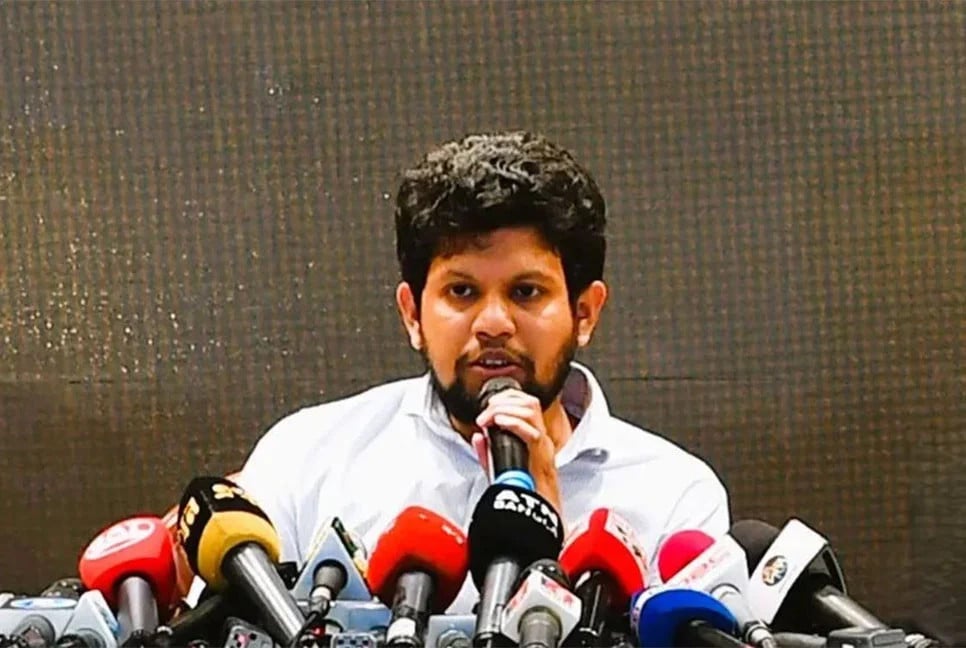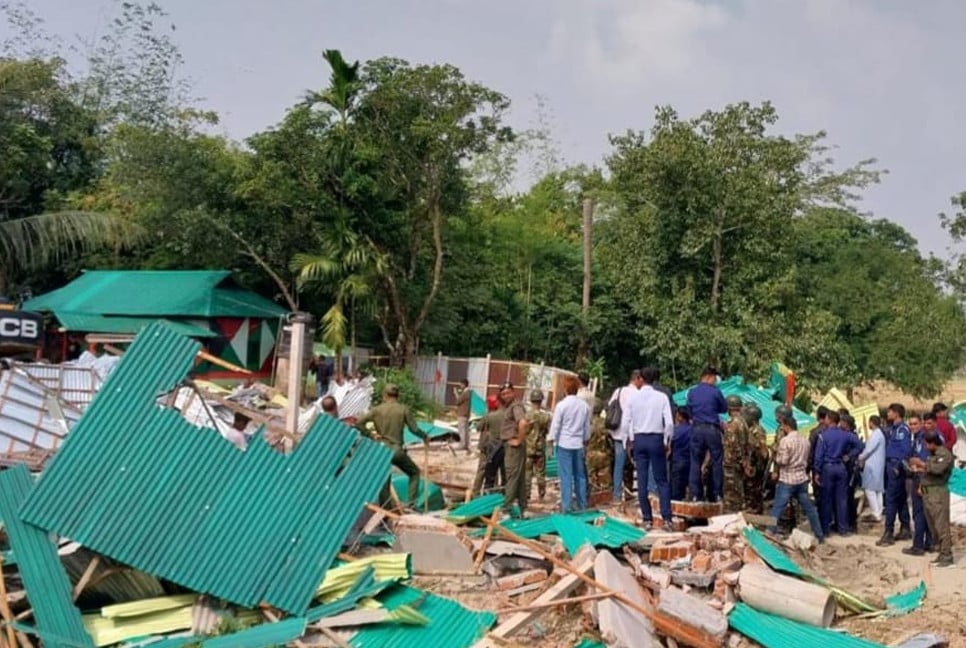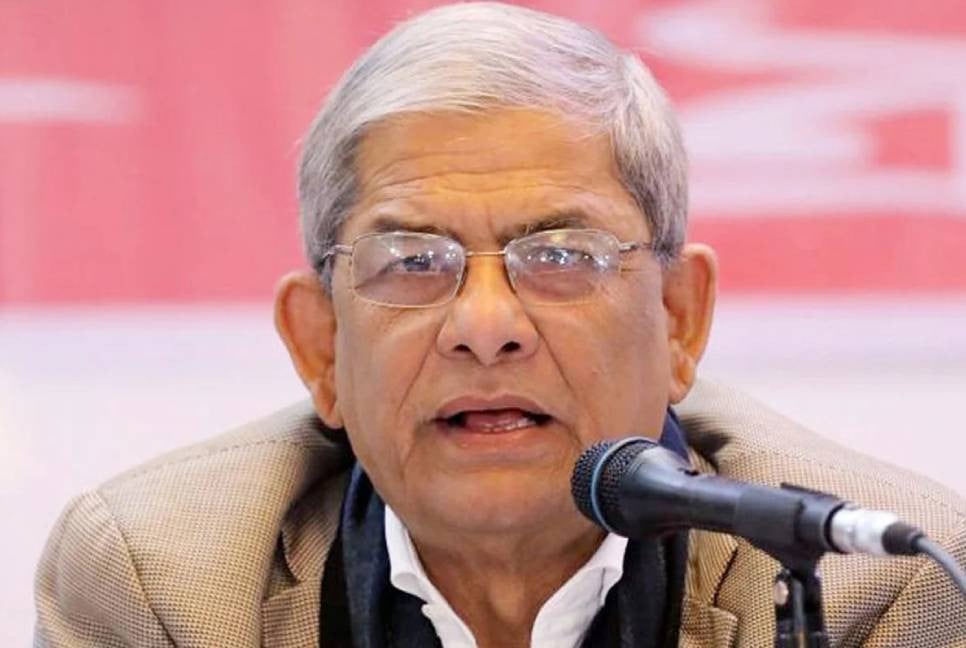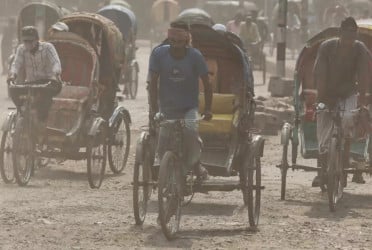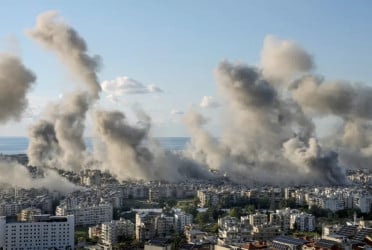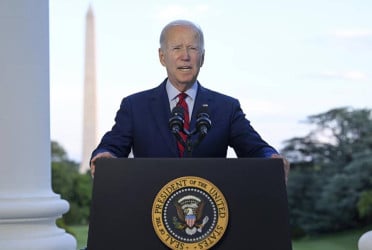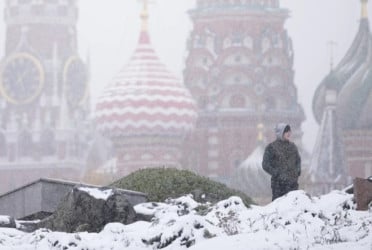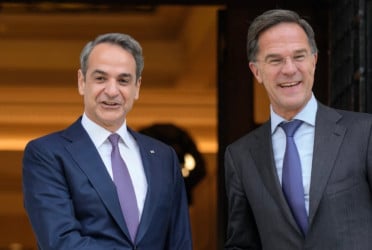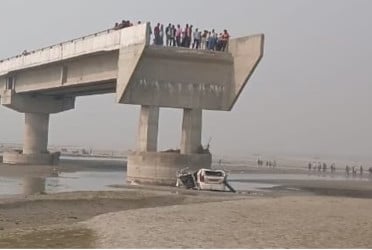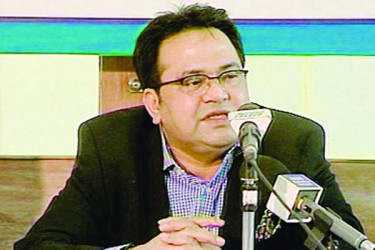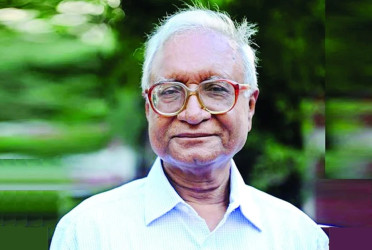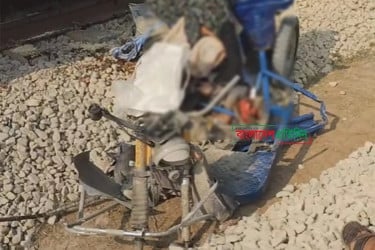France on Tuesday braced for another day of strikes and protests with President Emmanuel Macron remaining defiant over the controversial pensions reform that has sparked turmoil in the country, reports BSS.
The day of action called by unions is the tenth such mobilisation since protests started in mid-January against the law, which includes raising the retirement age from 62 to 64.
The last such day of strikes and protests on Thursday saw the most violent clashes yet between protesters and security forces as tensions erupted into pitched battles on the streets of Paris.
Nearly two weeks after Macron rammed the new pensions law through parliament using a special provision sidestepping any vote, unions have vowed no let-up in mass protests to get the government to back down.
A state visit to France by Britain's King Charles III, which had been due to begin on Sunday, was postponed because of the unrest.
Instead of hosting King Charles for a day of pomp and ceremony, Macron Monday instead met Prime Minister Elisabeth Borne, other cabinet ministers and senior lawmakers for crisis talks at the Elysee Palace, the presidency said.
"We need to continue to hold out the hand to the unions," a participant in the meeting quoted Macron as saying.
But he said the violent protests "had nothing to do with pensions" and all they had in common "was to target our institutions and security forces".
Macron accused the hard-left France Unbowed (LFI) party of "carrying out a real project to de-legitimise reasonable order, our institutions and their tools", according to the participant.
In a conciliatory gesture, Borne has scheduled talks over three weeks, including with members of parliament, political parties, local authorities and unions.
If unions accept her offer for talks, Borne is expected to put new measures on the table designed to ease the impact of the pensions law targeting physically demanding jobs, conditions for older workers and retraining.
But early reactions were not promising for the prime minister.
Laurent Berger, the head of the moderate CFDT union, who has taken an unexpectedly hard line against the pension reform, said he would accept the offer of talks but only if the reform was first "put to one side".
Berger called on the government to come up with a "very big move on pensions".
LFI firebrand Jean-Luc Melenchon said on Sunday that there was "a very simple way" to return to peaceful relations, and that was "to withdraw the law".
The protest movement against the pension reform has turned into the biggest domestic crisis of Macron's second mandate.
Last Thursday, the previous major protest day, police reported 457 arrests across France and injuries to 441 police officers.
Interior Minister Gerald Darmanin said 13,000 members of the security forces -- including 5,500 in Paris alone -- would be deployed nationwide on Tuesday for the protests.
He urged that "during this period of violence every person must show restraint".
According to a police source, 650,000-900,000 people were expected to protest nationwide, including up to 100,000 in Paris, with young people expected to be prominent as they express anger over alleged police violence.
Adding to tensions, protesters and police engaged in major clashes at a protest over water storage facilities in Sainte-Soline in southwestern France on Saturday.
Two men injured in the protests were fighting for their lives in hospital, Darmanin said.
Seven protesters were wounded in total as well as 29 members of the security forces.
French police have come under severe criticism for heavy-handed tactics and the IGPN, the internal affairs unit of the French police, has launched 17 investigations into incidents since the pensions protests began.
According to Paris mass transit operator RATP, metros and suburban trains will be "highly disrupted" during Tuesday's strike action.
Rubbish collectors in the capital are continuing their strike, with close to 8,000 tonnes of garbage piled up in the streets as of Sunday.
Adding to the waste treatment blockage, workers at an incineration plant just outside Paris stopped work on Monday.
About 15 percent of service stations in France are short of petrol because of refinery strikes.
The Louvre in Paris, the world's most visited museum, was closed on Monday after workers blocked entry to the attraction.
Bd-pratidin English/Tanvir Raihan

